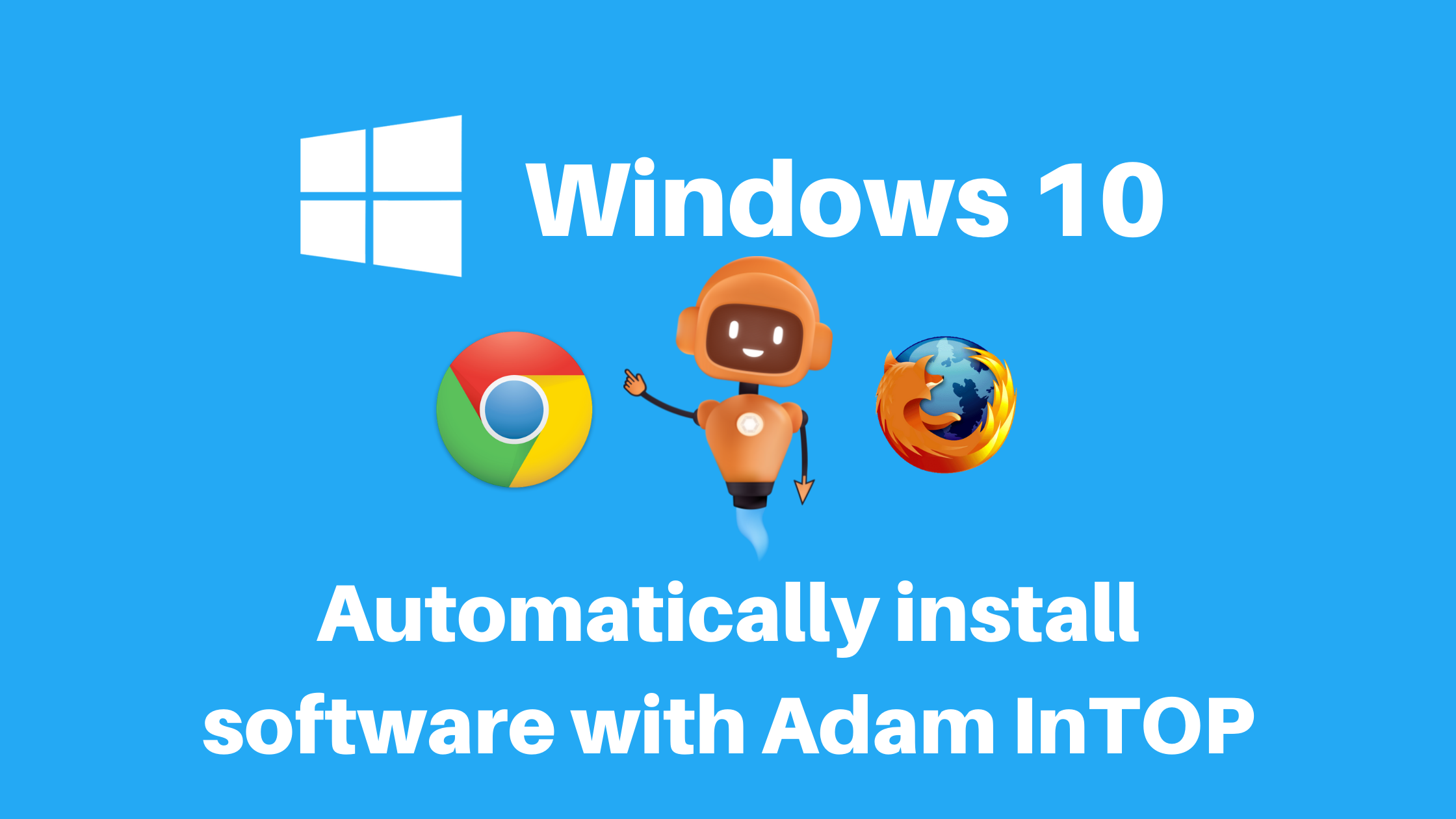
ARTIFICIAL intelligence is making the process of designing, developing, and deploying software faster, better, and cheaper. It’s not that programmers are being replaced by robots—rather, AI-powered tools are making project managers, business analysts, software coders, and testers more productive and more effective enabling them to produce higher-quality software faster at a lower cost. AI may become a key factor in meeting the rising demand for custom software.
How AI can help develop better software faster
Developers are using AI to help improve every stage of the software development process, from requirements gathering to deployment. Consider the following examples.
Coding, review, bug detection, and resolution. As developers are typing, AI-powered code completion tools provide recommendations for completing lines of code. According to various sources, this can reduce the keystrokes required by up to half. Some tools even generate a relevance-ranked list of usable code snippets. Some of these tools work on the same principle as Gmail’s Smart Compose, a machine learning-powered feature that suggests words or phrases as a user is composing an email.
Meanwhile, code-review tools use AI to automatically detect bugs and suggest code changes by understanding the intent of the code and identifying common mistakes and their variants. At Facebook, a bug detection tool predicts defects and suggests remedies that are thus far proving correct 80 percent of the time. This is important: The cost of fixing bugs rises considerably further down the software life cycle, as reproducing the defects in a developer’s local environment can be complex and business-critical services failure can be costly. Video Game Company Ubisoft says the use of machine learning is helping it catch 70 percent of bugs prior to testing.
AI-powered tools coming to market
A growing number of AI-based tools to support enhanced software development processes are coming to market or being made available for free. Leading technology providers have introduced AI-based software development tools, offering them as plug-ins or enhancements. Facebook is using its newly developed bug fixing and code recommendation tool for in-house projects. And several start-ups are offering their tools partially free—public code can be processed for free, while private code processing is free for a limited number of developers.
In a Forrester survey, 37 percent of respondents said they were already using AI and machine learning for superior testing to increase software quality. Investors see great promise in the market for AI-powered development tools: Venture capital funding raised by start-ups working in this area totals over US$700 million for the 12 months ending September 2019. All this promises to accelerate the adoption of AI-augmented software development methods and increase the productivity and quality of software development.
The future of software development
Pundits have long predicted the end of programming. Some have forecasted that computers would eventually write their own programs; others have suggested that the task of programming computers will give way to a process of teaching computers, by means of machine learning. Both of these are happening, to a limited degree. But for years to come, most software will be created by people. AI-enhanced software development tools are a good example of how AI can empower, rather than replace workers. Technology leaders are on a mission to help their organizations create the future, and savvy use of AI to improve the practice of software development can support this mission.
Do you need the supreme level of set-ups? Get this version and you can ask Adam to do it for you. He is able to sense your PC issues and auto-resolve them while continuing your activities. He continuously seeks to understand how he can adapt to users’ needs through interpersonal development, so he gets wiser every time you interact with him.

